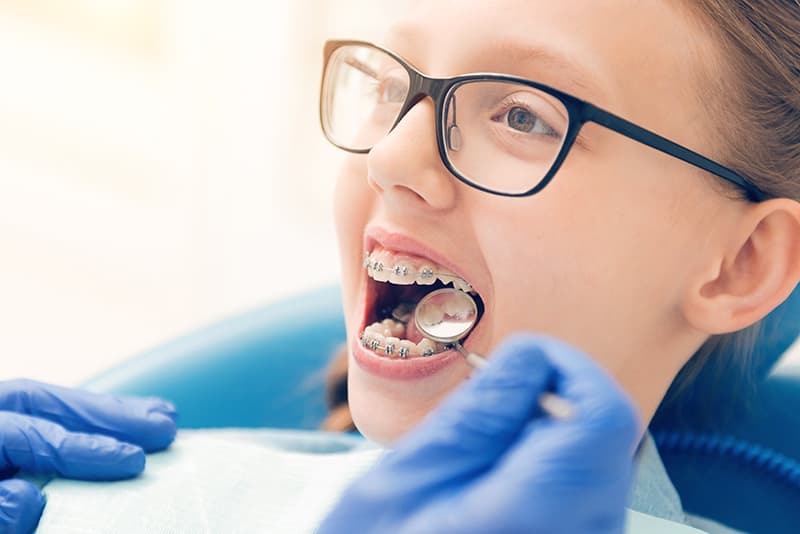Sleep apnea is a serious thing a lot of people have, and it messes with your breathing when you sleep. Often you need a cpap cleaning machine to make sure that your CPAP machine stays fungus free and sanitary. Now, although you may have the machine for sleeping, there are other things you need to avoid to lessen sleep apnea episodes.
Like drinking late, eating right before bed, staring at your phone till you knock out, sleeping on your back, or carrying extra weight all of that can mess with sleep and make it more risky, like raising blood pressure, hurting your heart, or messing with your sugar levels
But if you start noticing these habits and maybe changing them little by little it can help you sleep better and feel better too. It is not a cure-all, but it can play a significant role in managing sleep apnea. Let’s take a closer look at how they do that and what can be done to break the loop and achieve improved sleep and health.
1: Impact of Screen Time Before Bed
Nowadays, we’re always on screens, phones, tablets, TVs, laptops, all of it, and most of the time, we’re still on them right before bed. It might feel chill like you’re winding down, but really, your brain’s getting more active, not less. The blue light emanating from those screens disrupts your melatonin production. That’s the stuff that helps you sleep on time.
So your body gets confused, and it doesn’t know it’s supposed to sleep yet. You end up staying awake longer, and your sleep just isn’t that good. And if you already have sleep apnea, this messes it up even more cause you’re already waking up from breathing stuff, and now you’re tossing and turning, too.
2: Eating Late at Night and Its Effects
Many of us tend to eat late due to work, plans, or simply because we are busy, and there’s nothing wrong with that. Nevertheless, it is not a good idea to eat heavy meals or snacks just before going to sleep. Your body is forced to work on digesting rather than resting, thus interfering with your sleep.
You may feel bloated or develop indigestion or, worse still, experience the irritating burning sensation caused by acid refluxing up. And if you’ve got sleep apnea, it just makes things worse. Extra weight, especially around your neck, makes it way easier for your airway to get blocked when you’re sleeping, and that messes up everything even more.
3: Alcohol Consumption and Sleep Apnea Severity
Most individuals reach out to that drink to relax after a long day, and although it seems relaxing at the time, it makes sleeping harder, not to mention those with sleep apnea. When they become too slack, it becomes much easier for your airway to become blocked while you sleep.
You end up snoring louder, gasping more, or waking up frequently without even knowing why. On top of that, alcohol messes with your sleep cycle, so you don’t get enough of that deep, sound sleep or REM sleep that helps your body feel rested the next day.
4: Weight Gain: A Vicious Cycle with Sleep Apnea
Weight gain and sleep apnea tend to perpetuate each other, and not in a healthy manner. When you are overweight, particularly around the neck or upper part of the body, you choke the airway, and breathing becomes difficult during sleep. That’s basically what obstructive sleep apnea is: your airway becomes blocked during sleep, and your breathing becomes disrupted.
You breathe superficially, or you momentarily cease breathing, and this disturbs your sleep. It also decreases your oxygen level, causing your heart and other bodily systems to work harder. And here is the screwed-up part, in case your sleep apnea is not treated, it can cause you to gain even more weight.
5: Smoking and Its Hidden Dangers
Everybody knows smoking is bad, but most people don’t think about how it messes with sleep apnea. Those chemicals in smoke can severely irritate your throat and airways. They make stuff swell up and get all irritated, and there’s more mucus, too. Anything that makes your airway smaller increases the likelihood of it getting blocked while you’re sleeping.
So, you end up having more sleep apnea episodes, and they hit harder. Plus, if you smoke a lot, you’re more likely to get stuff like bronchitis or COPD, and that makes dealing with sleep apnea even worse. And then your body’s not healing like it should cause smoking makes it harder to fight off stuff or repair itself, so getting better takes longer, and you’re just stuck in a bad loop.
FAQs
Can sleep apnea kill you directly?
Look, sleep apnea is not likely to simply out-and-out kill you in your sleep, like by choking or something, but that does not mean it is harmless. If left untreated over a long period, it can jeopardize your health, as though we were discussing heart ailment, stroke, and even diabetes. It starts in a small amount, but it is a severe problem. When you leave it untreated, it may become fatal.
What makes sleep apnea better?
Tweaking your daily habits can significantly help with sleep apnea. Like if you keep your weight in check, cut back on booze, and quit smoking, that already makes a big difference. Getting on a solid sleep routine helps, too. And yeah, if your doc gave you a CPAP or anything else, actually using it matters. Oh, and don’t skip check-ins with your doctor; that stuff adds up.
Can sleep apnea be cured, or does it always require lifelong treatment?
For some individuals, sleep apnea improves significantly if they lose weight or modify certain habits. Sometimes, it even goes away, But that’s not everyone. The options for sleep apnea treatment include CPAP and best sleep apnea mouth guard.
Conclusion
Look, if you’ve been dealing with sleep apnea or even think you might have it, it helps to take a hard look at your daily habits. The things you do without thinking, like staying up late on your phone, drinking, and eating late, all add up. Yeah, sleep apnea is severe, and yeah, it can mess up your health badly if you don’t deal with it. Wondering stuff like “Can sleep apnea kill you,” or thinking about the different types of sleep apnea, or even hearing about celebrities who died from sleep apnea, it hits differently when you realize it’s real. The point is, once you start addressing the issues that are making it worse and stick to whatever treatment works for you, everything improves. You sleep better, feel better, and start getting your life back.


